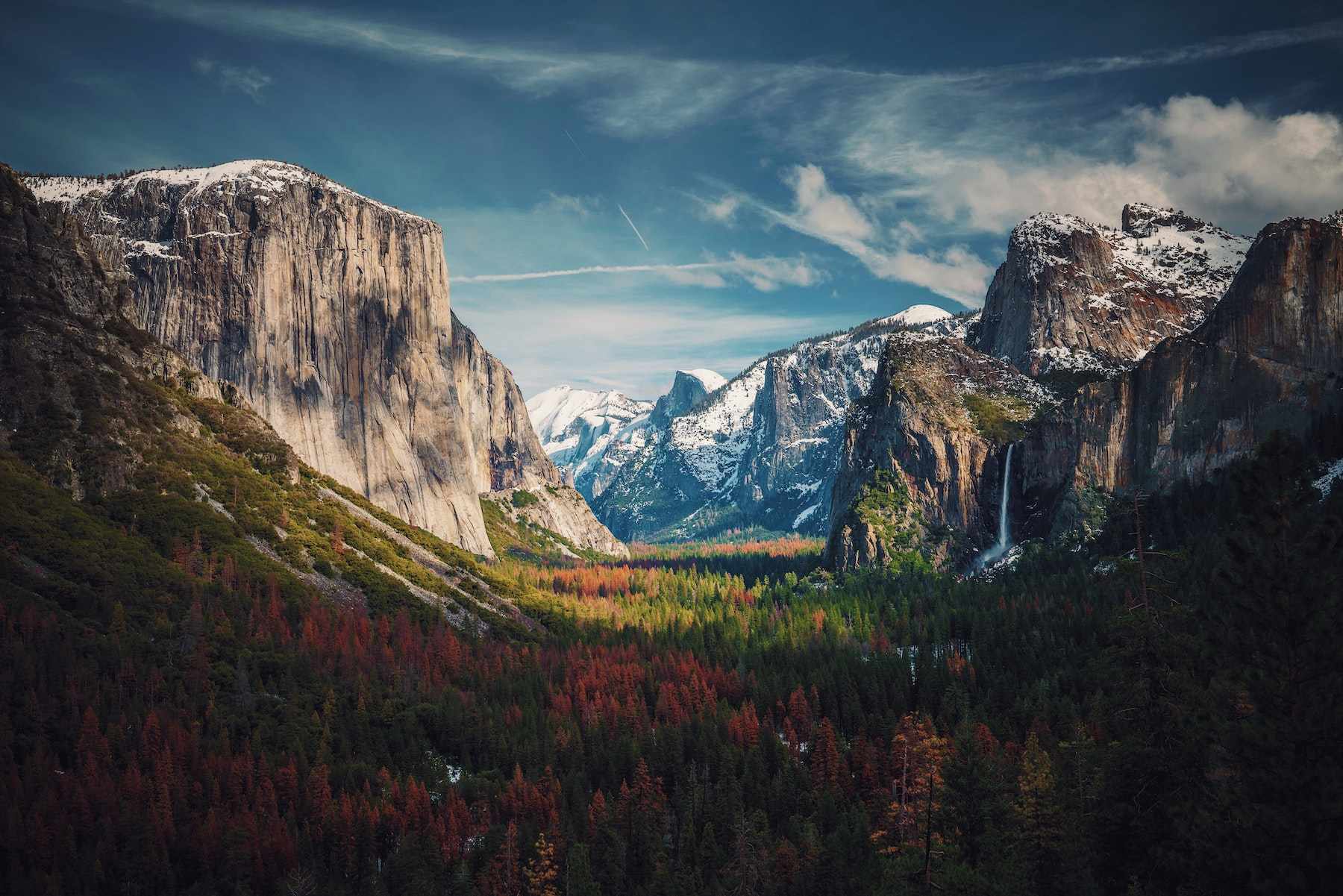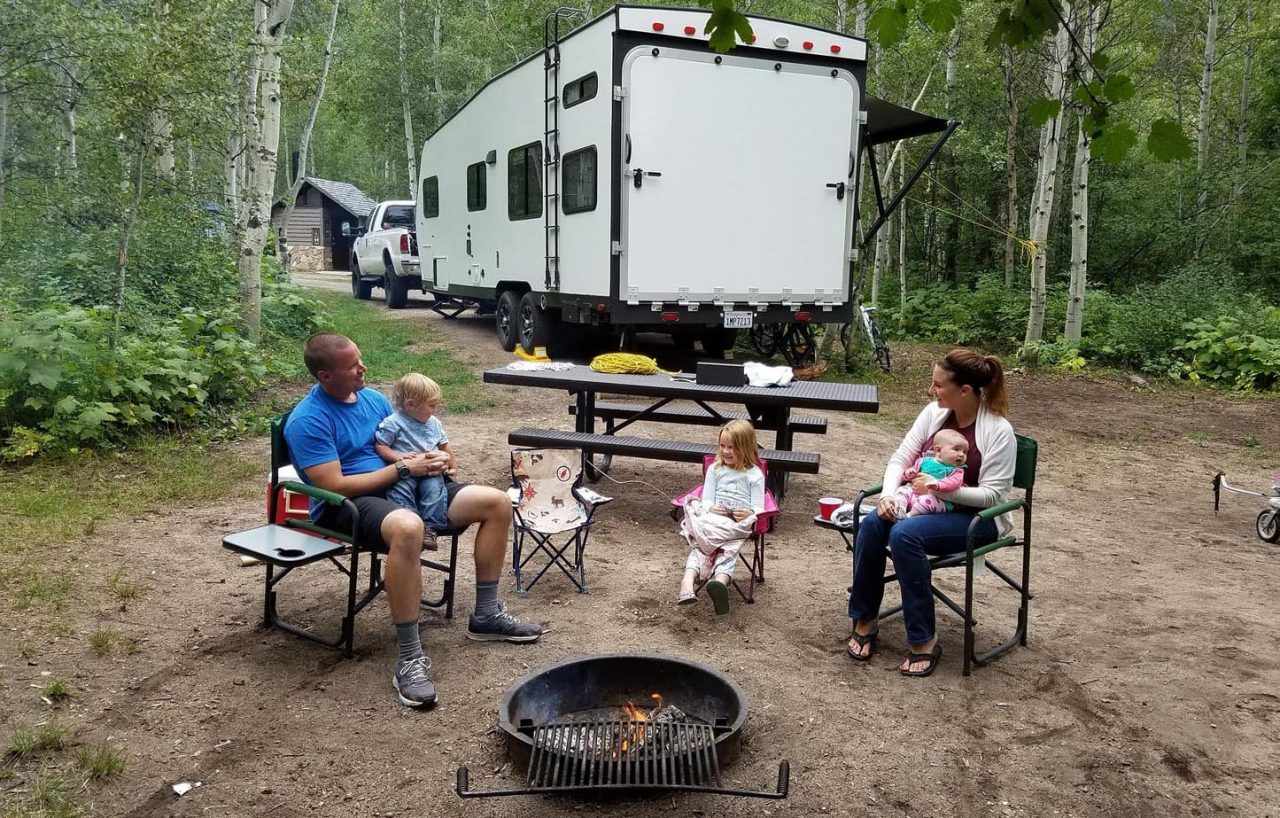Camping can be a challenging endeavor these days, especially considering all the modern amenities we are accustomed to having. From daily hot showers to a continuous flow of electricity and WiFi — not to mention comfortable beds with clean linens — life at home can be pretty carefree.
Even so, the lure of the outdoors is beckoning more and more for parents. The prospect of unplugging for a few days and spending time in the mountains, under a star-filled sky, is worth leaving behind the comforts of home.
If you’re a parent looking to take your kids out camping for a few days, look no further. We pulled together a few (or ten) expert tips for making camping with kids pleasant and as close to hassle-free as possible.
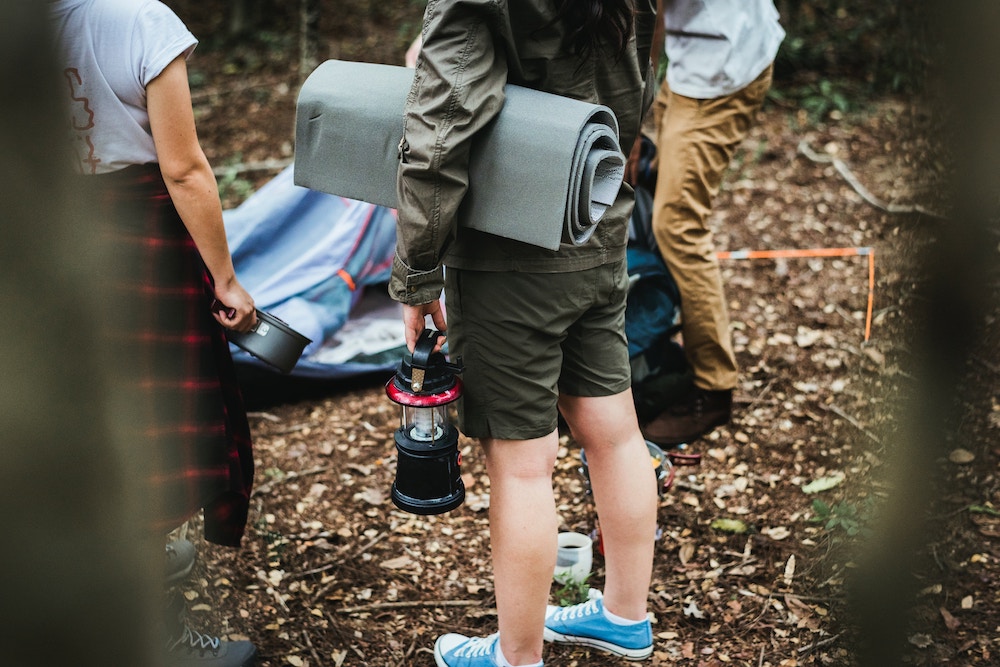 1. Have a dry run-through
1. Have a dry run-through
It’s always a good idea to have a practice run before embarking on the real deal. One way to do this is to have a campout in the backyard. This will give you a chance to set up the tent to work out any kinks. It will also give you a chance to see how some kids will react, so you know what you’re up against.
To make completely certain that it’s a dry run-through, make sure to turn the sprinklers off. If you forget, no worries. Treat it like a summer monsoon, and weather the makeshift storm together.
2. Consider camping with friends or family
If you’re new to camping, it might be wise to go along with another family. Whether they are new to camping or a little more experienced, it may be nice to have some extra adult hands in the pot to help navigate this adventure together.
Plus, having other kids that your kids can play with just adds to the fun!
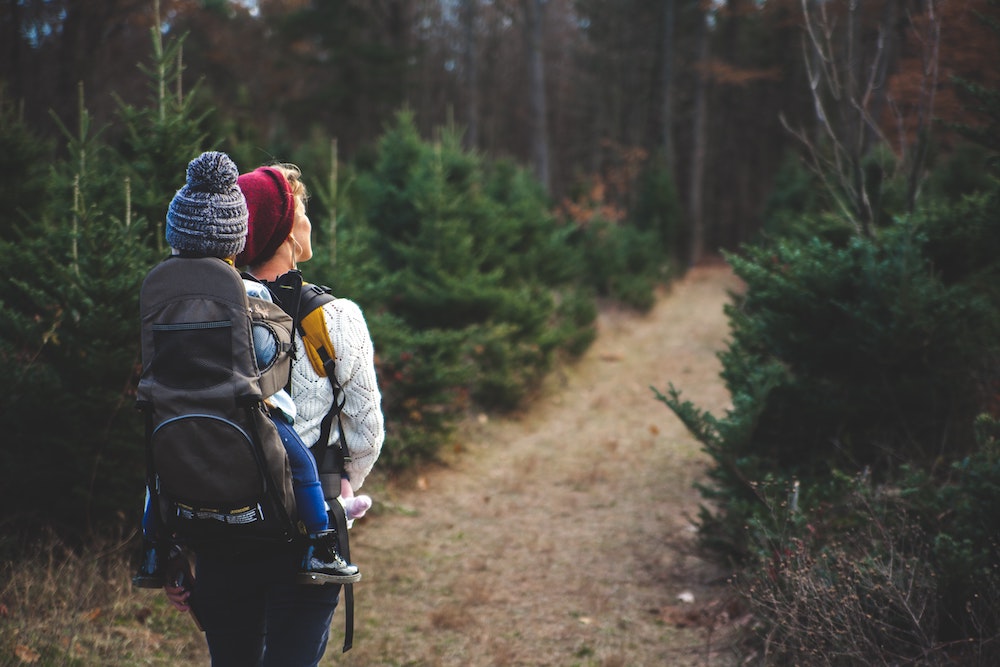 3. Pack lightly
3. Pack lightly
One of the greatest things about camping is leaving your “other world” behind and getting back to basics. This means leaving behind unnecessary items like toys, gaming systems, and phones — except for emergencies.
You may even want to pack lightly in the clothing department because everything starts to smell like a campfire after a day or two anyway, so it really doesn’t matter that you packed a week’s worth of shirts, pants, underwear, and shoes. A few items to account for variation in weather should be just fine, and you’ll be grateful for less luggage to haul in and out.
4. Remember the essentials
While it’s good to pack lightly in the non-essentials area, there are essentials that you must bring to ensure that your days spent roughing it aren’t rougher than you’d hoped.
Some essentials include:
- a tent or camper
- sleeping bags
- pillows
- blankets
- adequate clothing
- food
- paper and plastic wear
- something to cook on
- a way to build a fire
- a cooler
- ice
- plenty of fresh water.
For a complete essentials list, childhood101.com has a great checklist for you to check out.
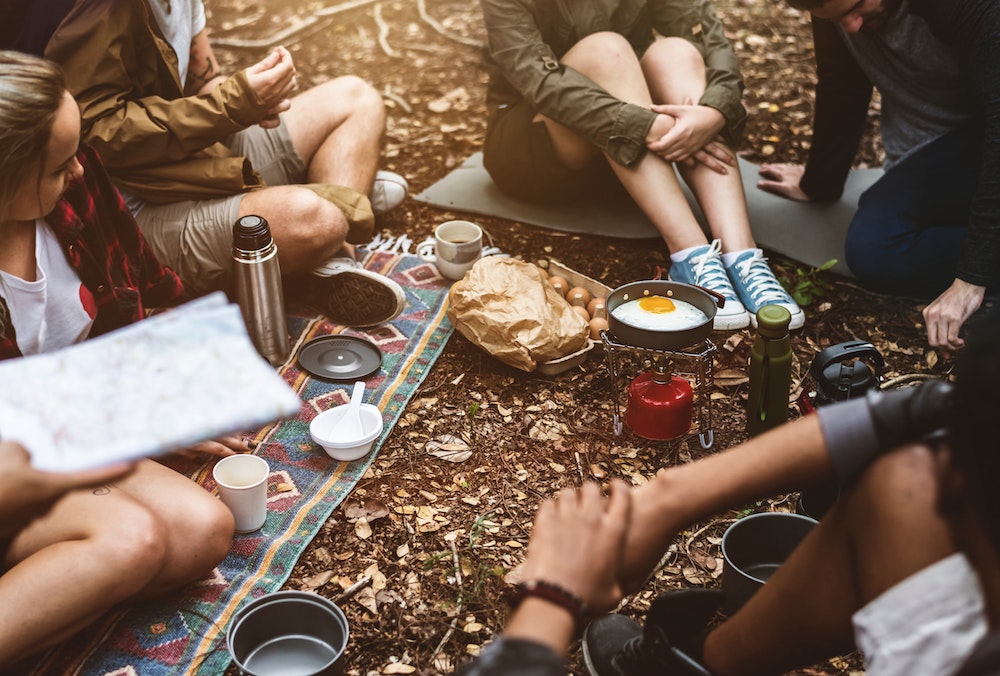 5. Prepare food ahead of time
5. Prepare food ahead of time
Sure, you may want the whole camping experience, including preparing and cooking your own food. However, unless you plan to harvest your plants and kill your game while on the trip, you will still be relying heavily on modern amenities. So, why not make things a little simpler by preparing many of the food items at home.
For instance, you can cook and freeze the meat, make the granola, clean, and even cut some veggies. You might want to portion out snacks and pack lunches so that you can spend your days enjoying your time as a family in the great outdoors.
6. Make nature your toy box
Some may want to bring toys to help with some of the downtime. However, if you don’t, you will be able to see your kids make use of their creative minds. They may draw pictures with sticks in the sand or gather pine cones, rocks, and leaves to invent their own games. You may even find that your kids enjoy sitting and listening to nature — quite the change from all the noise usually surrounding them.
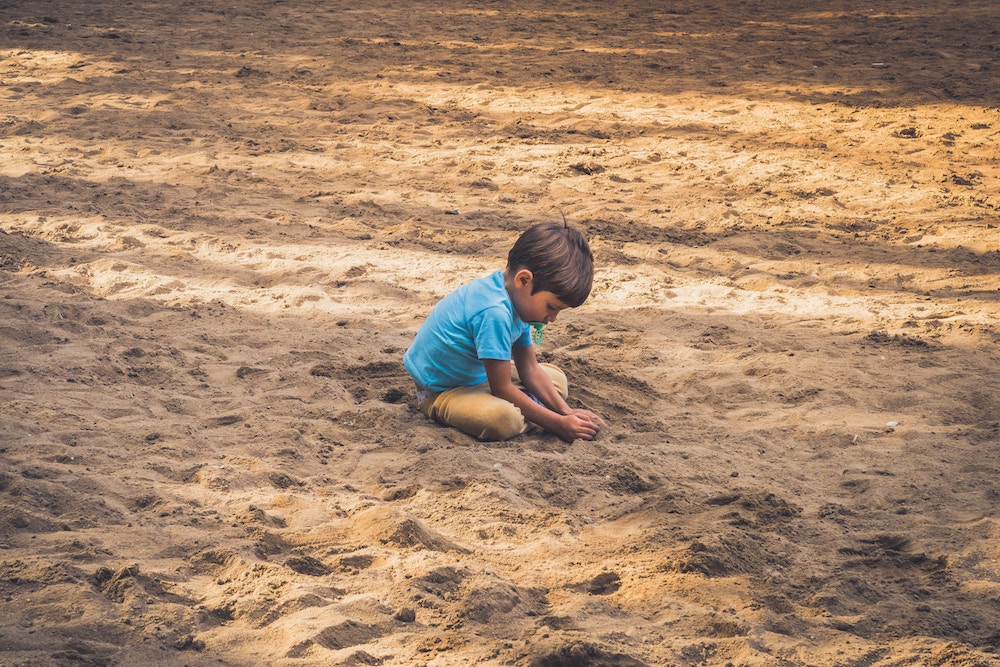 7. Make nature your playground
7. Make nature your playground
While you’re creating fun out of nature, don’t forget to find ways to run, jump, swing, and swim while out on the campground. Many places have rope swings if you camp by a large water hole, which is an awesome time for the whole family. If it doesn’t, there are no doubt trees to run around and play tag in or logs to balance on. If you want, you can even bring your own rope swing to tie around a tree for some extra fun.
Nature was and always will be the first playground ever made, so enjoy it in all its purity.
8. Set strict rules
As fun as camping and exploring in the great outdoors can be, there are also inherent risks like getting lost, hurt, harmed by an animal, or drowning. It is extremely important, if not critical, to talk to your kids about these risks and set strict rules to keep them safe.
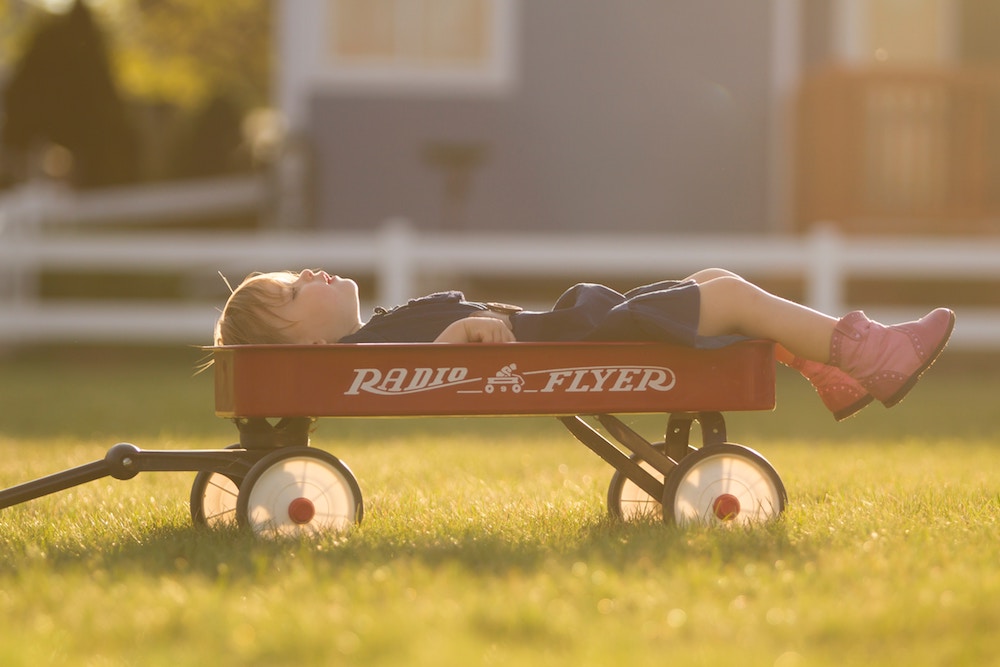 9. Take it as a time to teach love for the great outdoors
9. Take it as a time to teach love for the great outdoors
A large part of camping with kids is teaching them things that they can use as they get older. Take this as a time to instill a love of the outdoors by teaching them things like fire safety and leaving no trace. Chances are, these lessons will extend well beyond the campground — maybe even in your own home.
10. Choose your tent or camper wisely
Last but certainly not least is to choose your sleeping arrangements wisely. Whether it’s a tent or camper, you need to consider your family’s needs. If you have little kids, you could get away with smaller sleeping arrangements, but if they’re bigger, or if you have several children, you may want to consider more space. After all, the days spent in the great outdoors are a lot more enjoyable after a good night’s rest.
Ready for the family road trip of a lifetime? Find the perfect RV on Outdoorsy!

